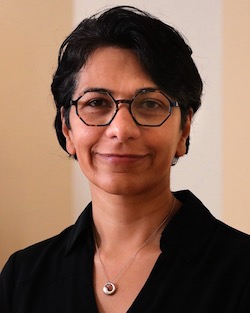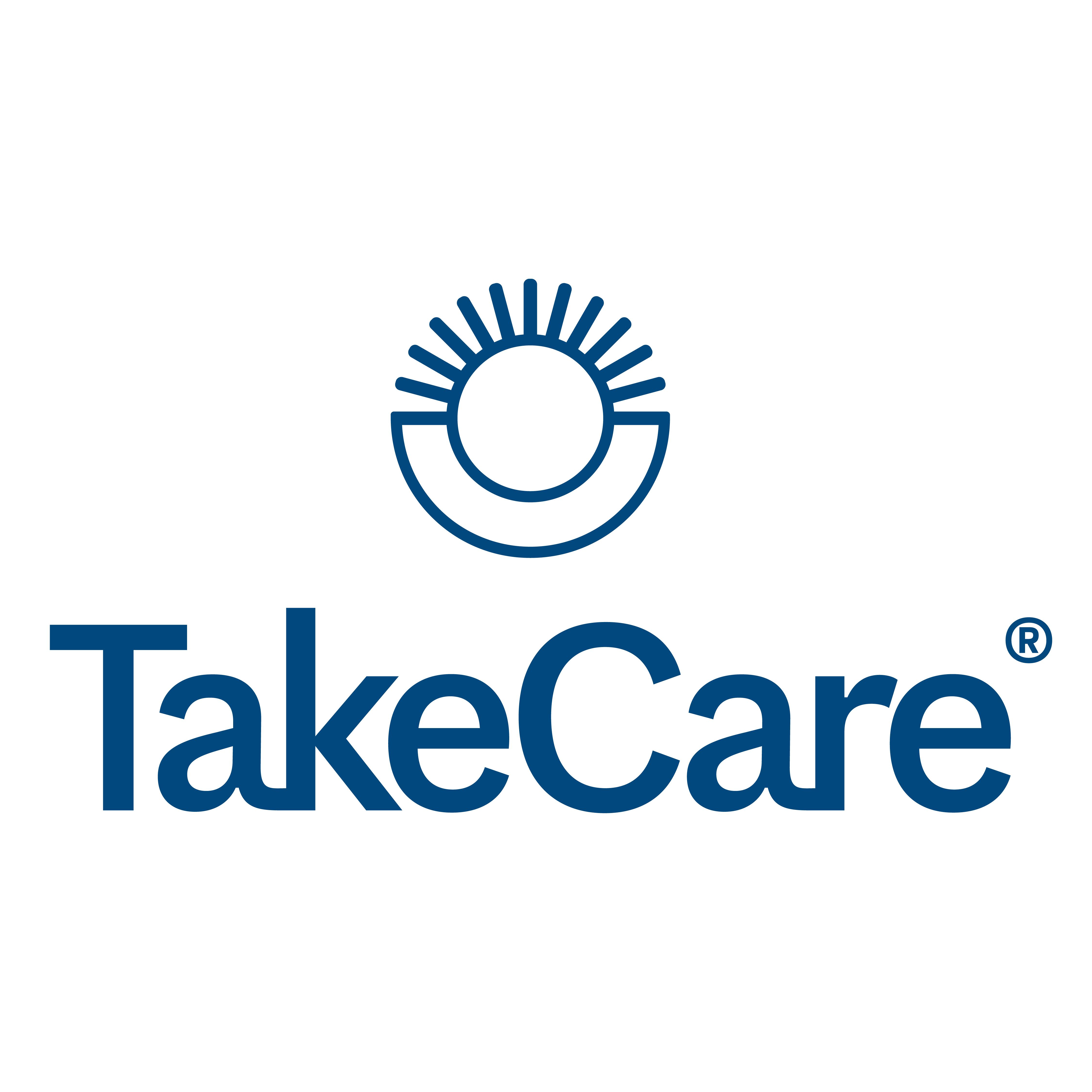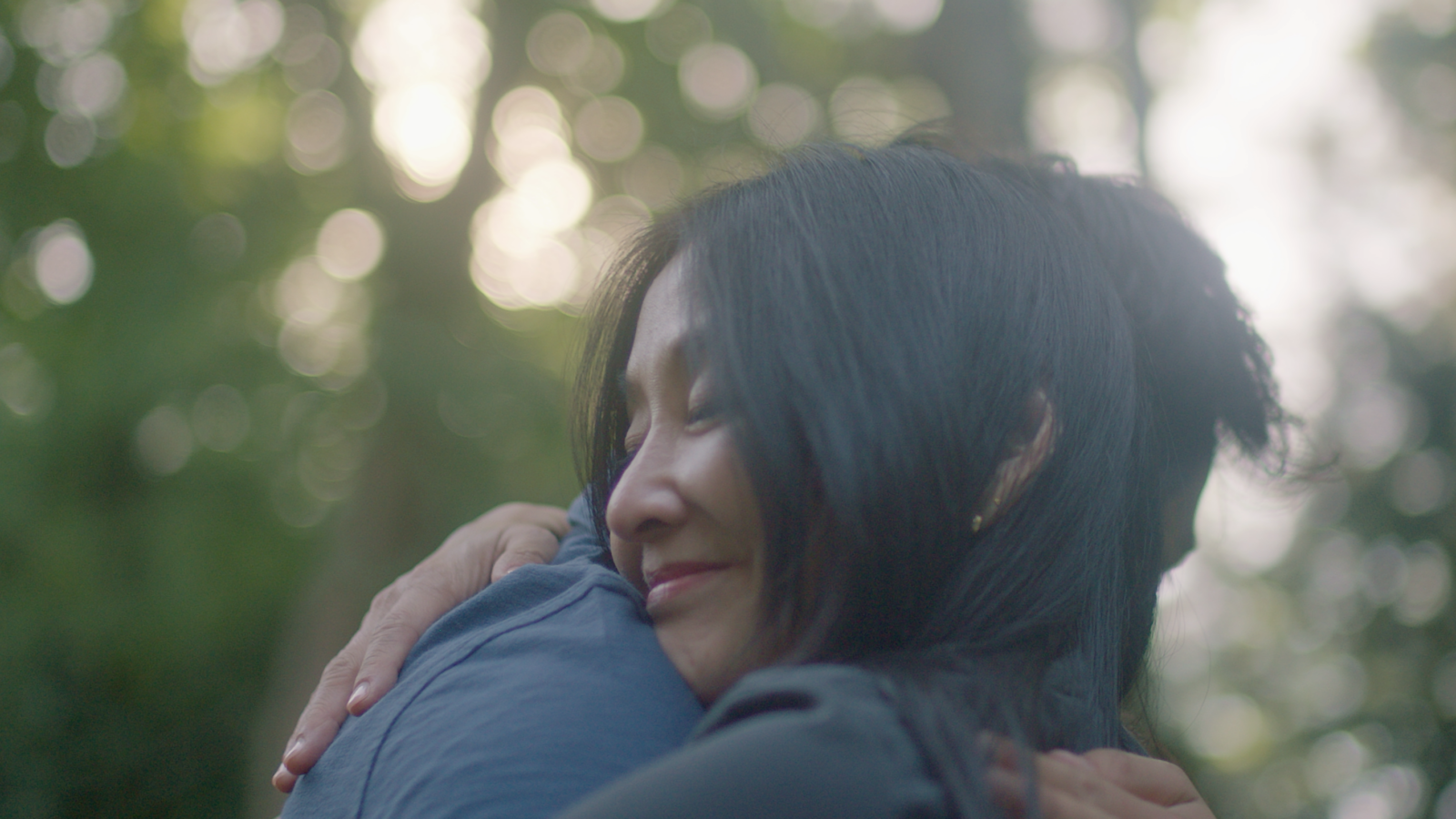Learning to make peace with your own death can help you live and love fully.
In every life comes the inevitable final step that nobody can escape. For Christine Gross-Loh, a near-death experience from post-partum hemorrhaging was a life-changing moment. It pushed her into a state of peace and accept the certainty of her death. As a result, the fear of her own mortality disappeared. But years later, Christine was brought face-to-face with mortality again—this time with the possibility of losing her 15-year-old son to leukemia.
Her story is told in the short film, “Mortality.” The film is part of TakeCare, a national initiative rooted in science that provides the reflection, motivation, and implementation to inspire people to create health and well-being in their lives.
Many of us live our lives in fear of death; but learning to make peace with our own limited time gives us the opportunity to live our life according to our highest values and aspirations.
As a Stewarding Teacher at Spirit Rock Meditation Center and a Health Advisor on the film, everything I teach can be seen through the lens of love and death: How can I learn to live my life with love and wisdom in light of its finitude?
Befriending Mortality
I always use the phrase “befriending mortality” in my lessons with my students. Befriending your own mortality is about more than just accepting the certainty and, for the most part, unpredictability of mortality. In its fullest meaning, it is about harnessing the power of finitude as a wise advisor and friend on your shoulder every day. This is a gradual process as befriending mortality does not happen overnight. But when you accept death’s inevitability, you acknowledge that your time on earth is limited. You value it as a wake-up call to live every day aligned with what’s important and show up fully present.
The Dangers of Denialism
Refusing to face the certainty of your own death is called “denialism,” which can be detrimental to your Mind, Body, Spirit, and Community. Denialism leads you to put off the genuine embrace of your values and goals because you assume you have unlimited time remaining. Moreover, striving to deny also takes energy and causes stress.
Fear is a very strong force that distracts you from the truth. Some people turn to addictive and destructive behaviors, such as drinking, drug abuse, and other damaging distractions, rather than turning to fully acknowledge and benefit from facing their reality.
In the film, Christine said, “I actually felt that accepting the fact that he might die—and accepting the fact that we all are going to die—gave me the kind of strength that denialism could not because it was a relief to accept something that was true.”
For Christine, her near-death experience had provided a significant shift in perspective. For her, as for many, befriending one’s own mortality is a necessary stepping stone to accepting the possible death of a loved one. When suddenly faced with Daniel’s mortality, Christine understandably felt overwhelmed at first. Yet, given her own transformation, she found her way to accept the possibility of losing her son with peace, which enabled her to be more present in the moment and to make the most of her time with Daniel instead of drowning in fear and worry and missing out on the precious moments they had together.
Looking back, Christine said, “By lessening my hold on his future, I have become more open to the present, that beautiful, ephemeral thing.”
You can read this blog on TakeCare.

Dr. Nikki Mirghafori is the Health Advisor for TakeCare’s film, “Embracing Mortality.” She is an Artificial Intelligence scientist and an internationally recognized Buddhist teacher. She serves as a Stewarding Teacher at Spirit Rock Meditation Center, where she is also on the Board of Directors, and a Dharma Teacher at the Insight Meditation Center in Redwood City, CA. She teaches with clarity and warmth on topics ranging from mindful leadership to cultivating kindness, with a rare expertise on mindfulness of death. Dr. Mirghafori is widely published in AI, has led international research collaborations as a Berkeley academic, and advised technology startups. She is of Persian heritage, an advocate for wisdom and compassion in daily life, as well as ethical AI in our zeitgeist.


